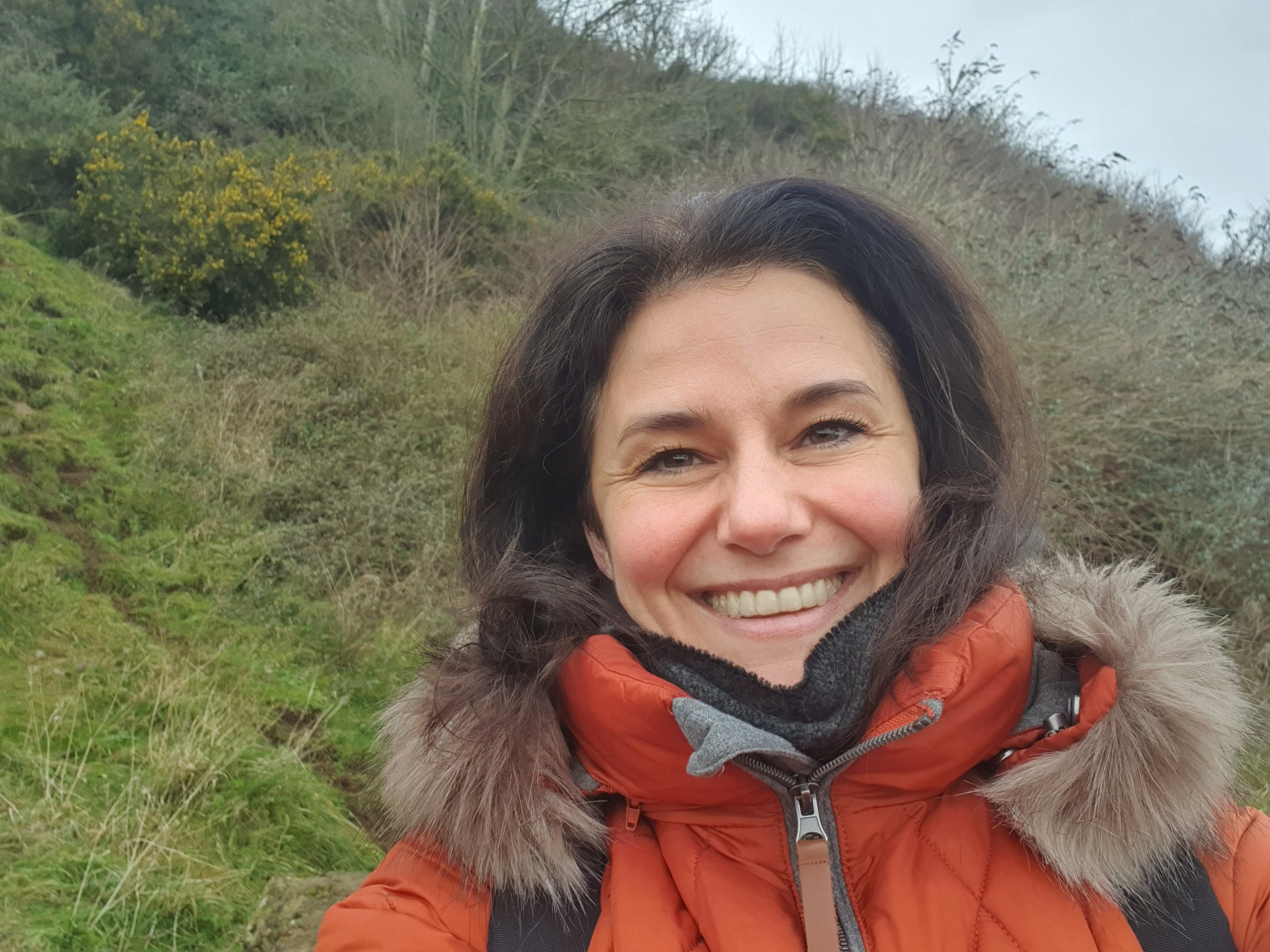November 2021
The recent UN Biodiversity Conference, COP15, paints an alarming picture of the worldwide deterioration of biodiversity. Sadly, the UK leads the way in decimating the natural environment. With only 50.3% of its biodiversity left, it is among the most nature-depleted countries in Europe and even globally. Equally, the forthcoming UN Climate Change Conference, COP26, is said to be the world’s last chance to halt our planet’s destruction caused by human-induced global warming. The twin crises of climate change and biodiversity loss are the most serious global challenges of our time, and we are far beyond the eleventh hour already.
Greed, power-hunger, the pursuit of a linear consumption economy and obsession with perpetual GDP growth contribute towards this path of natural destruction. Upon emerging from the Coronavirus pandemic, ‘business as usual’ is not fit for purpose anymore. In fact, this contributed towards the current pandemic with associated hardships and growing inequalities, in the first place. Therefore, we truly need a ‘new normal’ and pursue an inclusive green wellbeing recovery and circular economy in which human and planetary wellbeing are central. After all, we are part of the natural world and our life – quite literally – depends on it.
Nature and a thriving habitat are absolutely vital for human existence and are also a major contributing factor to our health and wellbeing. Research suggests that when people are more connected with nature, they tend to be happier in life, physically healthier, flourish psychologically, are more socially connected and feel that their lives are more meaningful and worthwhile. Nature connectedness is also associated with positive emotions and helps us calm down, brings us joy, makes us more creative and concentrated, and is linked to lower levels of poor mental health and negative emotional experiences such as depression and anxiety. Healthy and happy people also contribute more positively towards inclusive communities, thriving sustainable economies, flourishing societies, and peace and stability.
Since nature is so crucial to our overall health, wellbeing and well-functioning, we need to develop a life-long good-quality relationship with the natural world. We can do this in many ways, such as visiting nature further afield (e.g. parks, nature reserves, lakes, sea-side), joining a club (e.g. walking club) or volunteering with an organisation (e.g. nature or wildlife organisation). But we can also ‘tune in’ and connect with ‘everyday nature’ closer to home (e.g. garden, allotment, trees and flowers in streets, birds and bees). Even in crowded city places we can tune into the natural world or bring nature indoors (e.g. plants, flowers, herbs, a pet). Moreover, taking an active interest in the natural world extends also to reading about it and/or watching nature documentaries. There are numerous ways in which we can connect with nature both indoors and outdoors, in the countryside as well as in busy cities.
A close and mutually supportive relationship between people and the environment not only positively impacts our overall health and mental wellbeing, it also helps us to better address the challenges of devastating environmental threats; because people who have strong nature connectedness tend to have pro-environmental behaviours. Therefore, we should take actions to build a society that promotes sustained engagement with nature and facilitates safe and equal access to more biodiverse spaces, in order to maintain our health, wellbeing, well-functioning and resilience, as well as to reverse the decline of our natural world.
Your opinion counts!
Since the start of the Coronavirus pandemic, many more people have turned to nature to maintain their mental health and wellbeing. Several charities and NGOs have also been campaigning on this topic, including this year’s Mental Health Awareness Week campaign. Therefore, we are currently conducting a brief survey to ask crucial stakeholders and the wider public about their views on: (1) the annual Mental Health Awareness Week campaign, (2) this year's theme on 'nature and mental health' and (3) Government policy and actions in this respect. The findings will be used as key learnings for future mental health campaigns, interventions and actions as well as informing policy and practice. Your input, therefore, is absolutely vital and we hope that you are willing to fill in the included 10-minute questionnaire. This is the fully secure and anonymous Cambridge University survey link: https://cambridge.eu.qualtrics.com/jfe/form/SV_5o8AdFwk4MslEuq. The survey closes Sunday 28 November 2021.
We thank you in advance for your very helpful participation. Let us know if you wish to be informed about the survey findings. We will happily do so.
Prof Tine Van Bortel is Professor of Global Health & Wellbeing at the University of Cambridge.
Study Team: Lijia Guo, Steven Martin, Barney Eden, Tine Van Bortel
University of Cambridge and De Montfort University Leicester, UK
Study Coordinator: Dr Lijia Guo, Research Fellow Public Health
Study Lead: Prof Tine Van Bortel, Professor Global Health & Wellbeing
Follow @TineVanBortel on Twitter.
The opinions expressed in this blog are the author's and not necessarily those of the wider Link membership.

Latest Blog Posts